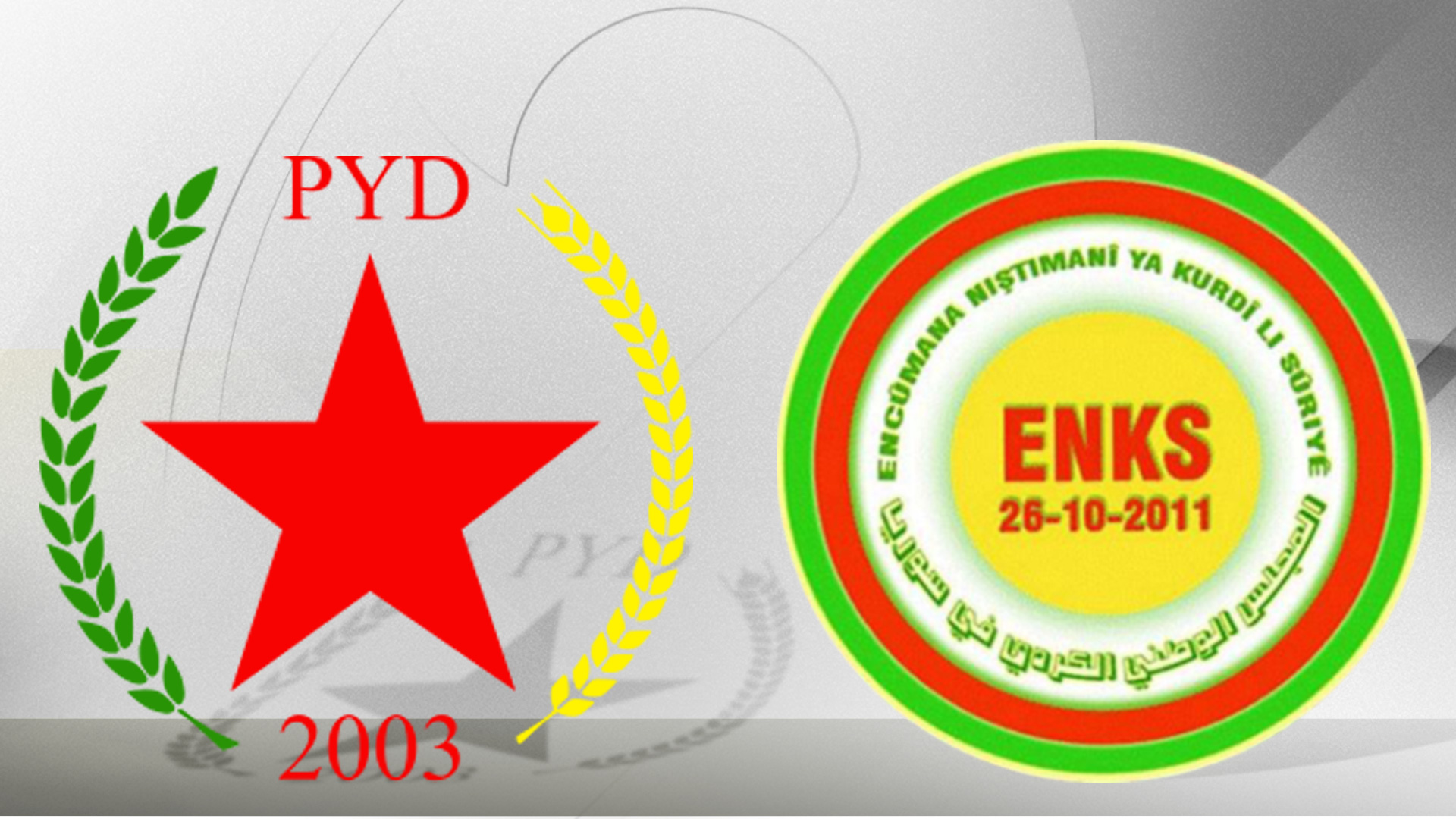KNC’s Nash’at Zaza Slams Aldar Khalil’s Remarks as “Misleading and Dangerous”
In a sharp statement posted on his official Facebook page, Nash’at Zaza, the KNC’s head of local councils, rejected Khalil’s characterization of the Kurdish delegation, calling it “inaccurate” and “disconnected from reality.”

By Ahora Qadi
ERBIL (Kurdistan24) – The escalating friction within the Kurdish political landscape in Syria resurfaced this week after prominent Kurdish National Council (KNC) official Nash’at Zaza denounced statements made by Aldar Khalil, a leading figure in the Democratic Union Party (PYD), describing them as “misleading and dangerous” to Kurdish unity.
Zaza’s criticism came in direct response to Khalil’s comments aired on KurdSat News and later published on his personal Facebook page, in which the PYD leader claimed that the recently formed Kurdish delegation to negotiate with Damascus would be part of the Autonomous Democratic Administration of North and East Syria (DAANES) and not represent the Kurdish bloc independently.
PYD’s Khalil: “Kurdish Delegation Will Be Part of the Autonomous Administration”
Aldar Khalil, a senior member of the PYD’s presidential council, asserted that the historic April 26 Kurdish Unity Conference had laid the groundwork for a joint delegation to engage in dialogue with the Syrian government. He stressed that this delegation would operate under the umbrella of DAANES, implying that Kurdish representation would not be independent but integrated into the broader framework of the self-administration.
Khalil further claimed that “Syrian Democratic Forces (SDF) and the People's Defense Units (YPG) are not an extension of the Kurdistan Workers' Party (PKK),” and that “their future will be discussed with Damascus.” He firmly rejected Turkish demands to disarm Kurdish forces, warning against foreign dictates over local affairs.
Khalil also described the recent announcement by the PKK to dissolve itself as a “strategic shift” that should compel Turkey to reduce hostilities toward northern Syria (Western Kurdistan).
Zaza: “This Statement Misrepresents Reality and Undermines Unity”
In a sharp rebuttal posted on his official Facebook page, Nash’at Zaza, the KNC’s head of local councils, rejected Khalil’s characterization of the Kurdish delegation, calling it “inaccurate” and “disconnected from reality.”
“The statement by Mr. Aldar Khalil concerning the Kurdish delegation being a subset of the Autonomous Administration is not accurate and does not reflect the reality or facts,” Zaza said.
He further warned that Khalil’s comments undermine the historic April 26 agreement — a milestone widely hailed by Kurds across Syria as a turning point for Kurdish unity. “We believe these irresponsible and ill-timed statements aim to marginalize the Kurdish voice born from the April 26, 2025, Conference,” Zaza noted.
“A Dangerous Distraction from Kurdish Rights”
Zaza described the remarks as part of an “intentional attempt to impose external agendas” that do not reflect the free will of the Kurdish people in Western Kurdistan. He warned that such narratives serve the interests of “known actors” seeking to “exploit the current moment to undermine the legitimate rights and aspirations of our people.”
“These imported statements contribute only to deepening the political crisis and dragging the region into further calamities,” Zaza warned. “They are not a step toward resolution or de-escalation.”
Call for Responsible Dialogue
In a final appeal, Zaza urged senior figures within the Kurdish political movement to uphold unity and act with accountability. “We call on the wise individuals within this political structure to take responsibility and put an end to such misleading declarations — to preserve the unity of the Kurdish voice and stance in this critical phase.”
The controversy surrounding representation in negotiations with Damascus comes at a sensitive moment, as Kurdish factions attempt to present a unified front amid complex regional dynamics and shifting power balances.